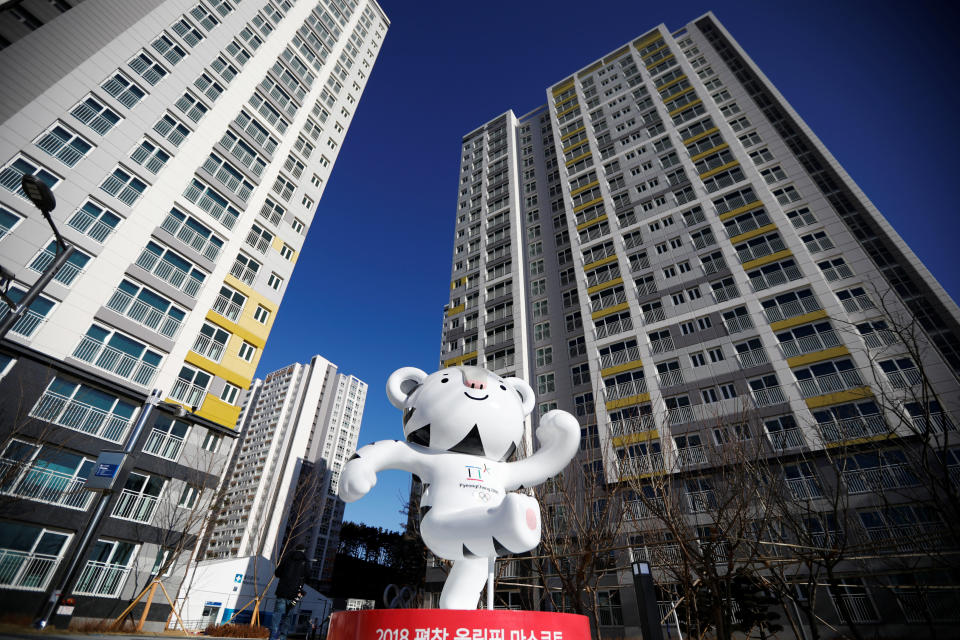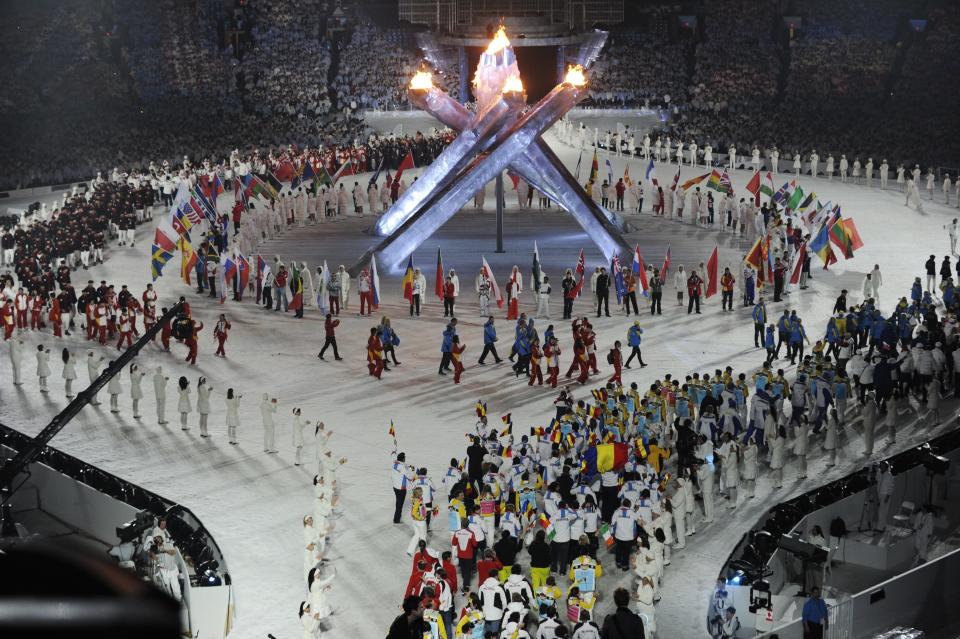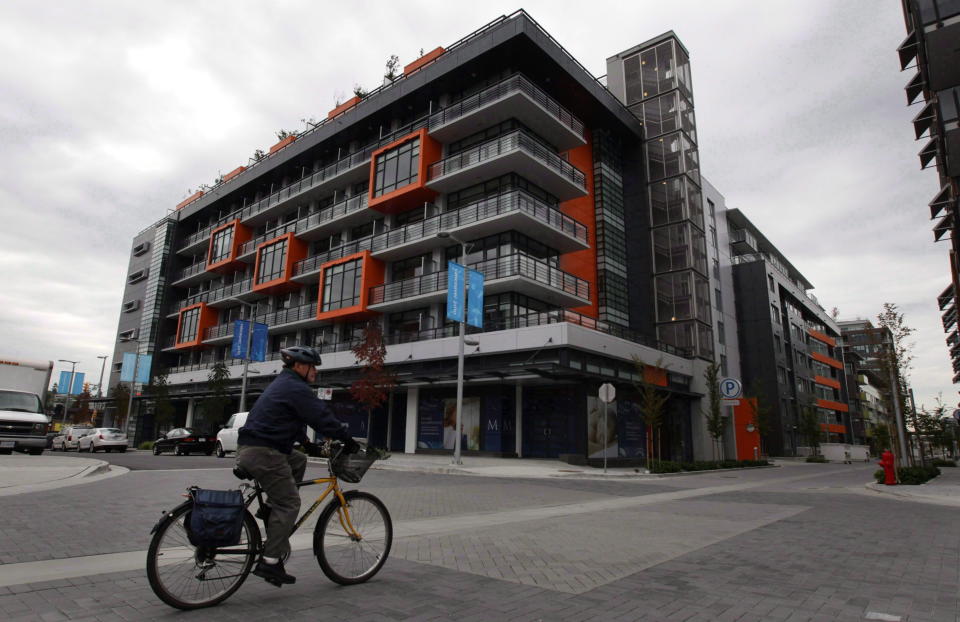Glory of Olympic legacy comes with high economic cost

The Winter Olympics kicked off in Pyeongchang, South Korea on Friday, but the US$12.9 billion price tag is already expected to be nearly double the US$7-8 billion cost estimated when the small mountain town was announced as host back in 2011. And some of the region’s officials are wondering if the cost will even be worth the legacy of hosting the Olympics.
Officials in Gangwon province, which governs Pyeongchang and Gangneung, the seaside city that will host hockey and skating, are calling on the national government to foot the bill for maintaining newly-built stadiums that are likely to be useless after the Olympics.
The Games haven’t even started and already the hosts are starting to fear the aftermath.
It’s a stark contrast to attitudes surrounding the 1988 summer games in Seoul, South Korea, which showcased the emerging economic power. According to an article in the Los Angeles Times from March 1989, revenues from the games were US$987.5 million versus US$847.7 million in expenses, which yielded a book profit of US$139.8 million plus $300 million in cash contributions from individuals, social and, business groups, making it the most profitable Olympics at the time.
The 1988 Olympics helped shape Seoul into the city it still is to this day but not all cities that host the coveted event have seen long-lasting benefits.
Overambitious legacy
Sports-related costs for hosting the Summer Olympics are $5.2 billion on average while the Winter Olympics costs around $3.1 billion, according to a report from The University of Oxford and Said Business School. The study found that no Olympic Games since 1960 have come in under budget, with nearly half of those costs overrunning by more than 100 per cent.
The Montreal Olympics in 1976, for instance, had a price tag of US$6.1 billion (in 2015 dollars), a cost overrun of 720 per cent, the largest for the Summer Games. The overrun followed an ill-fated prediction by Jean Drapeau, mayor of Montreal at the time who famously boasted: “The Montreal Olympics can no more have a deficit than a man can have a baby.”

After a string of corruption scandals, strikes, and boycotts, Drapeau ate his words and Quebecers spent the next 30 years paying off the debt, before finally settling it in 2006.
Other cities have felt the wrath of hastily constructed facilities and cost overruns.
Shortly after Rio de Janeiro’s reconstruction of its decades-old Maracanã for both the 2014 World Cup and 2016 Olympics, the facility fell apart, becoming a “ghost” stadium and experiencing a worm invasion and rampant looting. In Athens, where the 2004 games were held, the Olympic Village is an abandoned shell while plans to turn the 10,000-unit development for athletes into public housing has been mired in bureaucracy, with half of those units unfilled.
The growing cost
“In terms of project management, it’s the unexpected costs that are obviously difficult to manage with the big projects like this,” says Pedro Antunes, executive director or economic outlook and analysis and deputy chief economist, at the Conference Board of Canada. In evaluating the economic impacts of Calgary’s 2026 Olympic Bid, the non-profit think-tank also examined past Games.
According to the University of Oxford study, Vancouver’s 2010 Games, at US$2.5 billion (in 2015 dollars) were only 17 per cent over budget, while Calgary’s 1988 Games at US$1.1 billion (in 2015 dollars) were 59 per cent over. However, the study only looked at actual outturn sports-related costs; a retrospective study of the 2010 Olympics in Vancouver pegged total costs over $7 billion.

One growing concern for the Games has been safety.
“Certainly in recent years, the costs associated with security have ramped up given the political environment we’re in today,” explains Antunes.
Vancouver is a prime example. When the Games were awarded to the city in 2003, Canadian officials estimated security costs at $175 million. By 2009, those costs had grown to an estimated $900 million.
Long-term benefits less tangible
“It’s beyond a reasonable assumption to make that there would be some long-term benefits, they’re just tough to isolate,” says Antunes, especially in a measurable way.
But Stephen Wenn, Olympics historian and professor of kinesiology and physical education at Wilfrid Laurier University, says the tangible benefits are apparent in places like Montreal, despite the bad taste left by Olympic debt.
“With the Montreal Olympics everybody tends to focus on the money, the money is big because it took decades to pay off but there were benefits for the city beyond that,” says Wenn. He points out that quite a few of the facilities are still in use today, many for sporting purposes. “You’ve got the new Canadian Olympic headquarters there that opened a few years ago and Olympics excellence day, a hundred thousand people were in the streets for (the) celebration.”
With Calgary’s 2026 bid, the Conference Board of Canada’s report says the city would need to spend roughly $460 million to upgrade and build Olympic facilities.
“This estimate is relatively modest in comparison to other Olympics because Calgary has much of the required infrastructure built for the 1988 Olympic games,” says the report.

And Vancouver seems to have felt a lasting effect from the infrastructure it built for hosting including the Sea-to-Sky Highway upgrade which made the winding mountain road safer, the rapid transit route to the airport and the Vancouver Convention Centre, according to a study by Rob VanWynsberghe, a professor at the University of British Columbia for the Canadian Olympic Committee.
Antunes points to the Olympic Village in Vancouver, as a prime example of an unforeseen benefit. “It was essentially a residential development, and it’s now worth more than it was to build thanks to housing prices in Vancouver so that was a positive,” he says. “You build infrastructure, the ski jumps or hockey rinks or whatever that can be used, whether they raise a profit or just for social good, people have a new skating rink and that’s a part of society’s benefit… these things are sometimes hard to measure.”
Download the Yahoo Finance app, available for Apple and Android.

 Yahoo Finance
Yahoo Finance 